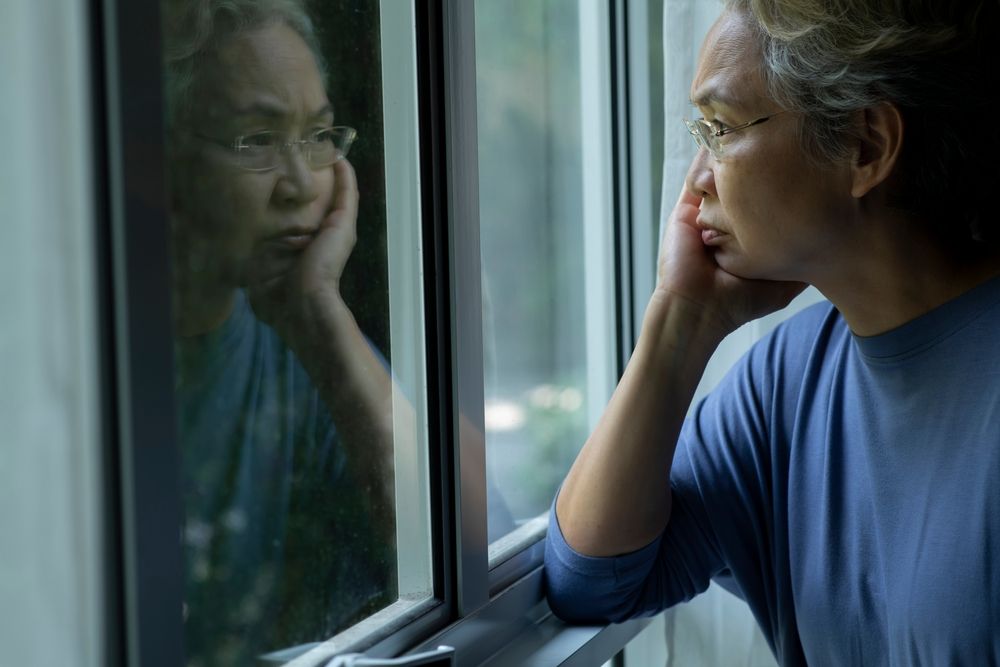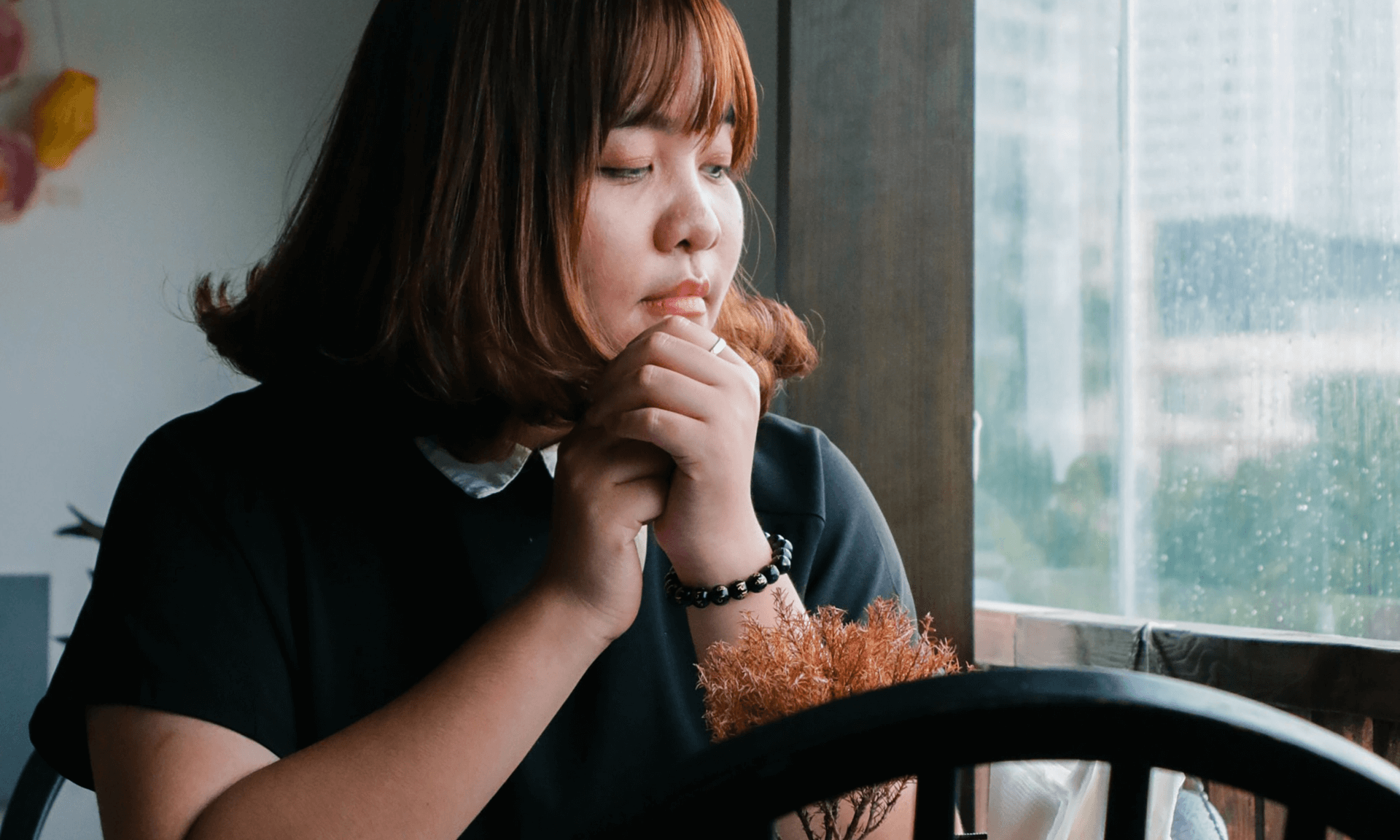Graduate. Buy a house. Get married. Have a baby.
Life seems like one big checklist sometimes, and this can cause anxiety around whether you’re ticking things off in time.
Maybe you’re watching friends fall in love or find their dream job and wondering: Am I falling behind? When is it my turn?
It’s normal to compare your journey to your peers, especially during your late teens and twenties.
A 2022 study found Millennials and Gen Z are experiencing more pressure to reach traditional ‘life milestones’ (e.g. having children, getting married, and buying a house) than previous generations ever did.
So how can we handle this pressure and be content with what we have while we work toward what we want?
We hope this advice helps if you’re feeling behind in life and putting your happiness on hold.
Stop comparing yourself to others
We know, we know – you’ve heard it a hundred times before. But in a world where unfavourable comparison reigns, it’s worth a reminder:
Everyone is different.
We all do things at different points in our lives, not always in the same order, and sometimes we’re on an entirely different path altogether!
Some of us want to climb the corporate ladder and travel the world, while some of us want to grow our own vegetables and start a family.
Not only do we want different things, but we also have different starting blocks due to our circumstances.
For example, someone who grows up in a stable home environment and receives financial support will likely be able to reach their goals faster due to these advantages.
While it’s common to feel a sense of urgency to meet adult milestones by a certain age, it’s important to remember that your timeline should be based on what’s right for you. This will be different from the people around you and will likely change as your priorities do.
Comparing your journey to others simply isn’t a fair comparison. It’s an apples and oranges situation. It can also make it harder for you to appreciate all the great things you do have.
Constantly comparing yourself to people online? You might find this blog post helpful: Can Social Media Cause Anxiety?
Focus on self-discovery
A fulfilling life starts with being happy with who you are as a person.
Invest time and energy into working on yourself from within. Practise self-reflection to learn who you are, how you want to improve, and what you really want out of life.
You don’t have to have your whole life mapped out or narrowed down to one single life’s purpose –these are bound to change over time.
But when you stop worrying about what you ‘should’ be doing and focus on what’s important to you, you might feel less pressure to complete the life milestone checklist society has handed you.
You might find your priorities lie in different areas such as nurturing strong friendships, helping vulnerable communities, or overcoming your fear of public speaking.
Here are a few questions to get you started on your journey of self-discovery:
- What gives me energy?
- What drains my energy?
- What are my best qualities?
- What am I passionate about?
- What does success look like to me?
- When do I most feel like the real me?
- What would I do if there were no limits?
- What are my values? (Refer to a list of values for inspiration).
Redefine your idea of happiness
“I’ll be happy when I travel Europe.”
“I’ll be happy when I get a pay rise.”
“I’ll be happy when I get engaged.”
We hate to break it to you, but there’s no guarantee that ticking off these adult milestones will bring you happiness.
The temporary increase in happiness we feel when we achieve these things eventually fades away and we’re back to where we were, wishing for the next big thing to make us happy. The goalposts for happiness just keep moving.
A recent Aussie study found that while most of us pass these big milestones in our 20s and 30s, we aren’t our happiest until our 83rd birthday. Yikes.
If you spend your time relying on external factors or achievements for happiness, you’ll be telling yourself “I’ll be happy when…” for the rest of your life. Or until you’re 83, apparently.
If you’re putting your happiness on hold until you hit life milestones, it might be time to reconsider your definition of happiness.
Practising gratitude is a great way to start living in the present and appreciating the good stuff you’ve got going on right now.
Listing the three things you were grateful for each day can not only train your brain to look for the good in situations, but research shows it can also boost your long-term happiness by 10%.
Before you go to sleep each night, write in a gratitude journal or make a mental note of the three highlights from that day – no matter how small. This may help shift your perspective of happiness as something you are rather than something you seek.
We offer more advice in this blog post: How to Stop Waiting to be Happy.
Remember: Adulting is hard!
Breathe in. Breathe out. Tell yourself: I am doing the best I can.
Whether you’re striving toward the traditional life milestones or you have different goals altogether, there are always going to be challenges along the way. This is especially true for people from vulnerable and/or disadvantaged communities.
Be kind to yourself and give yourself the same compassion and understanding you’d give a loved one.
We’re all just here doing the best we can to live this life in a way that’s joyful and fulfilling. There’s no strict timeline for every human to hit a specific milestone – and it’d be darn boring if there was! You get to write your own story, and while that can be scary at times, it’s also very exciting.
Be patient as you figure it out, and make sure you’re looking after your physical and mental health in the meantime.
Professional help such as counselling can be a great option for anyone who needs some extra support.
Our counsellors can help you process your thoughts and feelings in a safe environment free from judgement. Sessions are available in person, over the phone, or via Zoom video call.
You can learn more about our counselling service here, or call 1300 364 277 to book an appointment.
If you found this advice helpful, you might enjoy our blog post How to Deal with a Quarter-Life Crisis.




